I am a whole person before anything else.
It’s often really hard for people to actually understand what that could actually mean beyond “of course, I’m a human being”. Over the weekends, we try to develop some semblance of what that really is – spending time with friends, investing in relationships, focusing on what’s important to you. But we tend to push that aside when Monday returns. In the everlasting uphill battle known as the workplace, we strive constantly to feel completely happy at work and in life. And day after day people sit in their cubicles, drive their vehicles or thank the next customer with a smile only to wonder when they will be able to smile within themselves, because this is not who they wanted to be by now. Somewhere along the line, they left themselves behind. They now work for the dollar or the man or the boss. When you ask these people what they want, they no longer know, replying only with blank faces as though the question is so far away in some ethereal world that it may as well no longer exist.
In the workplace, identity gets lost as people strive to achieve in accordance with the influences around them. We are encouraged to bring forth the aspects of ourselves conducive to society’s definition of success, and discouraged from expressing that which doesn’t. Work hard, get a great job title, great body and great bank account, but hush about your personal beliefs, faith, mental health or sexual and gender diversity. We forget to remember the green man’s words: Ogres have layers. And so do we. What makes a person whole is to be able to express all aspects of the self. In fact, research has found that workplace trust and productivity decreases in businesses where individuals are compelled to hide aspects of their identity. Not to mention someone’s inner conversations affecting their confidence and self-esteem. So, our minds are filled with an everlasting conflict between the life we actually are living and the ideal life that we envisaged we’d be living by now.
It’s called cognitive dissonance. It’s when you become aware that you, right now in your life, are not being the person you’d like to describe yourself as. You describe yourself as a good person who cares about family but you just approved the redundancy of that single mother, because it ‘had to be done’. You are excited by this weekend’s festival but you say nothing because you know that to share that excitement at work would be frowned upon. So you filter your true self away. Carefully, methodically, consistently.
How much easier would it be to not have to filter? Wouldn’t it be a shame if the intellectual and emotional cost of monitoring your behaviours actually prevented you from performing at your best at work? It does, you know. Studies have found that removing the need to self-monitor behaviour encourages workplace wellbeing. And recently it has been revealed that workplace wellbeing leads to productivity and success – not the other way around. Success comes after achieving wellbeing. There seems merit in aligning our real self – who we are right now – with our ideal self – who we feel we should be right now. The internal conflict would be minimised: we would no longer argue with ourselves and we could focus on what we actually need to get done.
But how do we do that? How can you reconnect the real self and the ideal self?
The challenge lies in the first step – to be really honest about who your real self is and accepting everything about that person. Who are you being right now? How does the world perceive you? You need to accept the lot: your fears, your dreams, your experiences, your culture, gender, abilities and limitations, your relationships, what gives you energy, how do you actually treat people, how you understand them and, importantly, how you understand yourself. In getting yourself to a place where you can look at all of that and say “ok, so that’s the real me, right now”, you can then open yourself to challenging what doesn’t align with your ideal. And you can start working towards becoming the person you always saw yourself as being. The person who is happy and flourishing as who they are and with where they are in life. The person who has achieved cognitive resonance. And organisations need to follow suit: accepting and embracing everything about their team members so that the business can focus on flourishing.
So who are you right now? And who do you want to be?
There are people out there that can help you bring those two identities together and help organisations create environments which encourage it.
To find out more about achieving cognitive resonance at work, contact Inward Outward.

